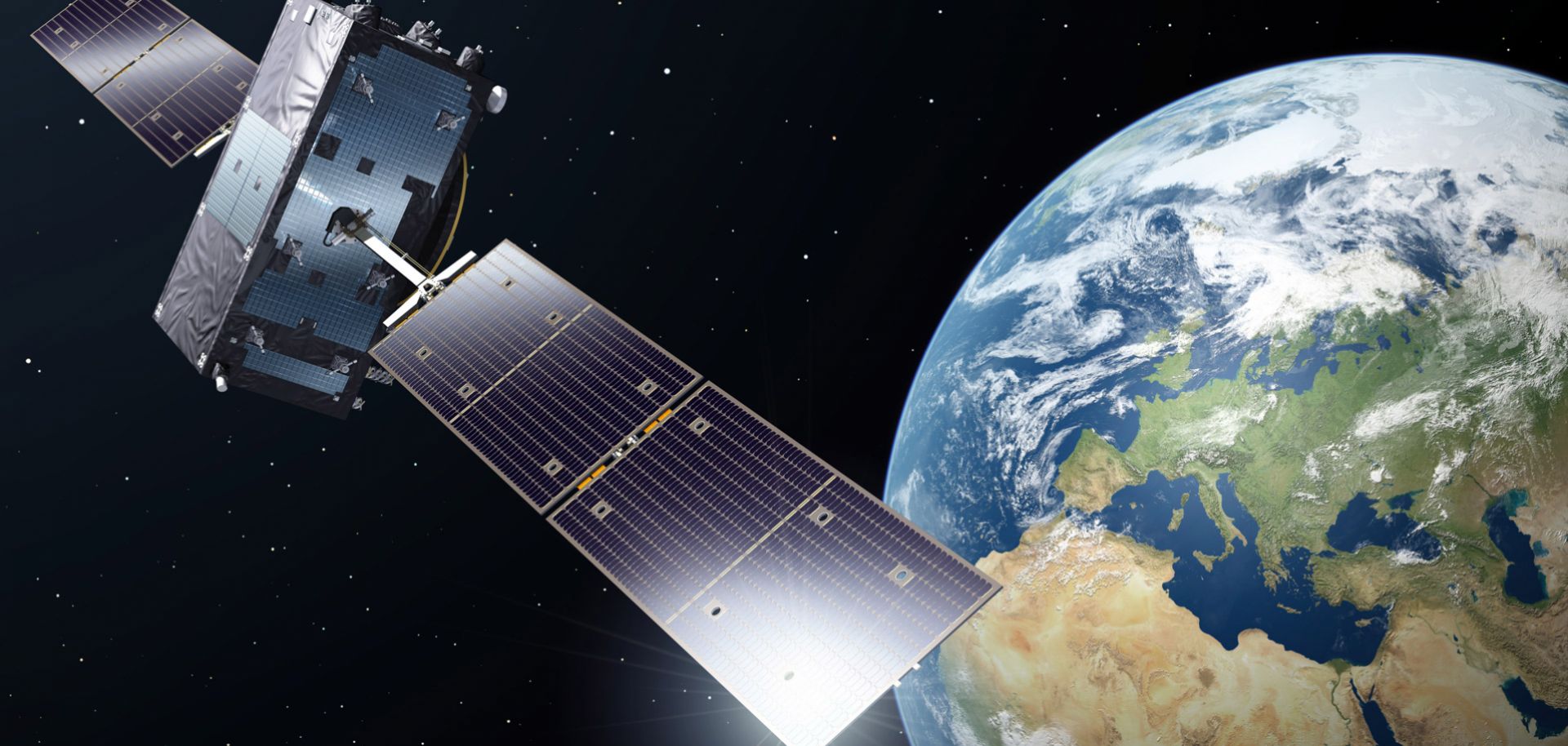ASSESSMENTS
Europe Navigates the Way to a GPS Alternative
Oct 13, 2016 | 09:15 GMT

(ESA-P. Carril)
Summary
More than a quarter-century ago, European countries decided to develop their own global navigation satellite system, in part because of fears that the United States might someday restrict their access to GPS information. Their solution was the Galileo satellite constellation. In the years since its inception, the project has gained support around the world and converted former opponents, including the United States and United Kingdom. When the project becomes operational by 2020, its 30 satellites (of which 14 have already been launched) will provide users with global navigation services within meters or even centimeters of accuracy. But the project's completion will probably not achieve its main goal — to free Europe from its reliance on U.S.-run GPS — for at least another decade thanks to technological limitations and high levels of economic investment.
Subscribe Now
SubscribeAlready have an account?
